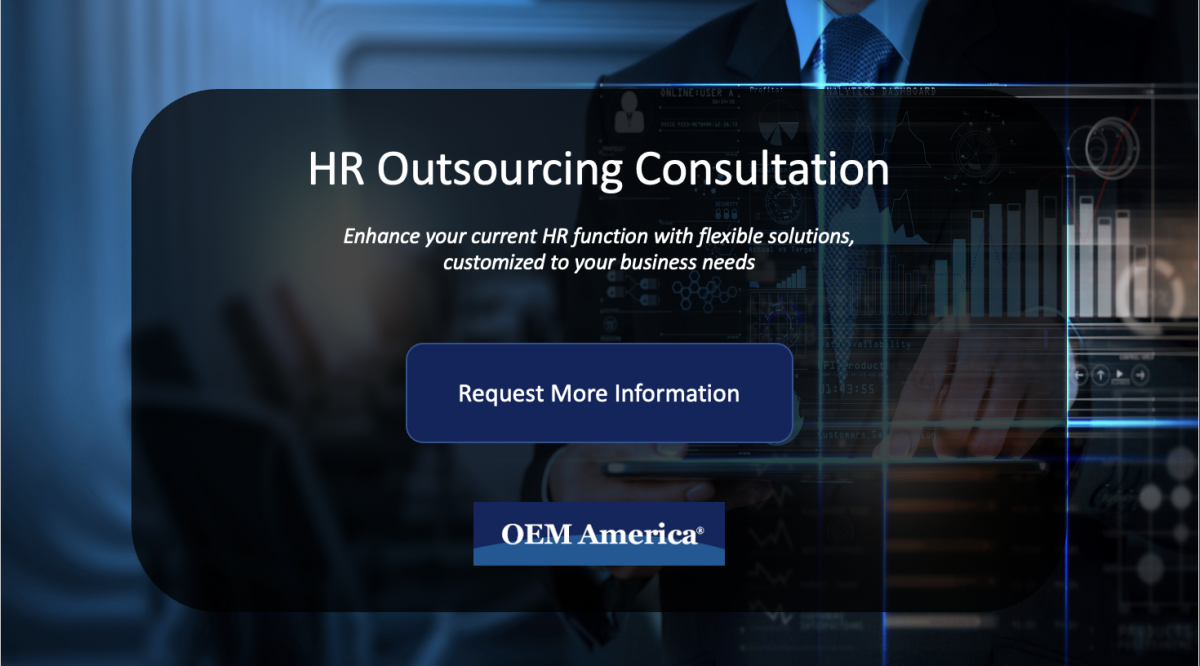What Employers Need to Know About Worker’s Compensation Benefits
In every state, employers with a certain number of employees of required to purchase worker’s compensation benefits insurance to protect themselves from getting sued by an employee who becomes sick or injured while on the job. Some expenses that worker’s compensation (worker’s comp) may cover include medical care, costs for retraining, benefits to survivors of workers killed on the job, and replacement income.
If you’re an employer, here is everything you need to know about workers compensation.
Who’s Covered by Worker’s Compensation?
Employees who are covered by worker’s compensation include independent contractors, business owners, volunteers, employees of private homes, farmworkers and farmhands, full and part time employees, railroad employees, and casual workers. These payments are generally tax-free and based on the previous 12 months of the employee’s average weekly wage.
Who’s Not Covered by Worker’s Compensation?
Those who are not typically covered by worker’s compensation include domestic workers such as babysitters and housekeepers, agricultural workers, seasonal workers, and undocumented workers.
Types of Benefits
There are many types of benefits that worker’s compensation covers. If you are injured on the job, or have a long-term stress injury due to working, then you qualify for worker’s compensation. If an employee is injured during a company sponsored outing, like at a bar, then that employee qualifies for worker’s compensation.
The types of injuries that are not covered in worker’s compensation include injuries that were self-inflicted, occurred because an employee broke the law, did not occur while on the job, if the injury was related to the use of drugs or alcohol, and if the employee refused to wear safety equipment.
Medical Benefits
Medical expenses are covered by an employer until the injured worker reaches MMI, also known as maximum medical improvement. At this point, treating the condition does not have any further purpose.
Until MMI is reached, employers are expected to cover doctor’s visits, hospital and emergency room care, medications, physical therapy, equipment like wheelchairs or crutches, and chronic pain management.
These payments are not typically subject to deductibles or co pays. Once MMI is reached, employers only have the responsibility of maintaining the worker’s MMI from there on out, there may also be time limits on the benefits.
Disability Benefits
If an employee is unable to work for an extended period of time due to a permanent disability, then worker’s compensation will provide some financial relief. There are different types of disability benefits, such as temporary and permanent. When filing for temporary disability, this employee is expected to return to work. Also known as temporary total disability, this could include employees who break a bone while working that requires extensive care. On the other hand, if the employee is still capable of performing some sort of work, they may qualify for temporary partial disability instead.
Employees who cannot return to work file for permanent disability. Like temporary disability, there are two kinds of permanent disability offered. Permanent total disability means the employee will no longer return to work, these payments sometimes continue for their entire life. Permanent partial disability results when an employee suffers a permanent injury but is still able to work at a reduced capacity than before, thus resulting in wage loss.
Rehabilitation Benefits
Rehabilitation benefits occur when an employee needs assistance in required job training, skills and assessment training, resume assistance, job development and placement, and tuition. These benefits allow employees to gain new skills or certifications needed to continue their line at work at their current pay rate. As industries evolve, the training and skills needed to succeed also need to evolve. Most states require employers to cover rehabilitation benefits, and may include up to two years of training or education.
Death Benefits
Employers must cover death benefits to assist survivors of their current employees. If an employee is killed from a work-related injury, then the family and other surviving members will be eligible to receive worker’s compensation death benefits from the employer of the deceased. These benefits may help to cover funeral costs and lost income. Although it varies state by state, these payments may be received in one lump sum or several payments.
What to Do When Accidents Happen
In many states, it is required by law for an employer to file a worker’s compensation benefits claim when an employee reports and illness or injury. When an accident happens, be sure to follow these steps.
First, your employee must report the injury to you so that you can properly file an accident report with the appropriate worker’s compensation agency for your state. You should treat every claim as legitimate, even if you have your doubts. Next, be sure to get the facts from the employee regarding the accident, and tell the employee there is a system available for medical assistance. Give the employee the proper first aid treatment, in some situations, you may have to accompany the employee.
Be sure to document the events within 24 hours of the accident. Stay in touch with the employee and their family to ensure they receive all the proper medical care they need. Worker’s compensation is a “no fault” system, meaning employees are not at fault if accidents happen.
Go Back
